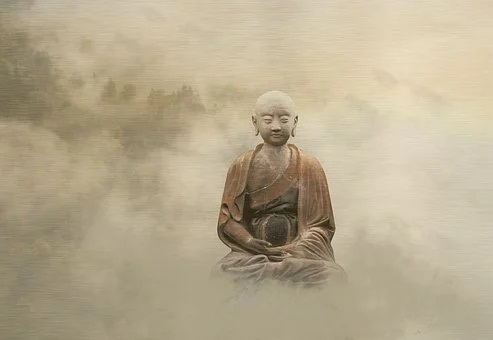Moral conduct does not imply going to the monastery to have vegetarian food, to recite the sutras, or to receive the precepts. It is a set of moral standards built on self-discipline. It is to know clearly what one should and should not do. The current problems that pervade everywhere such as contaminated cooking oil and milk powder are the result of moral decline. Upholding moral conduct is the bottom line for a corporation, with which it will not lose its corporate conscience for a profit.
~Depicted from ARE YOU READY FOR HAPPINESS - Buddhism and the Business World – Six Standards in a Corporate Culture











